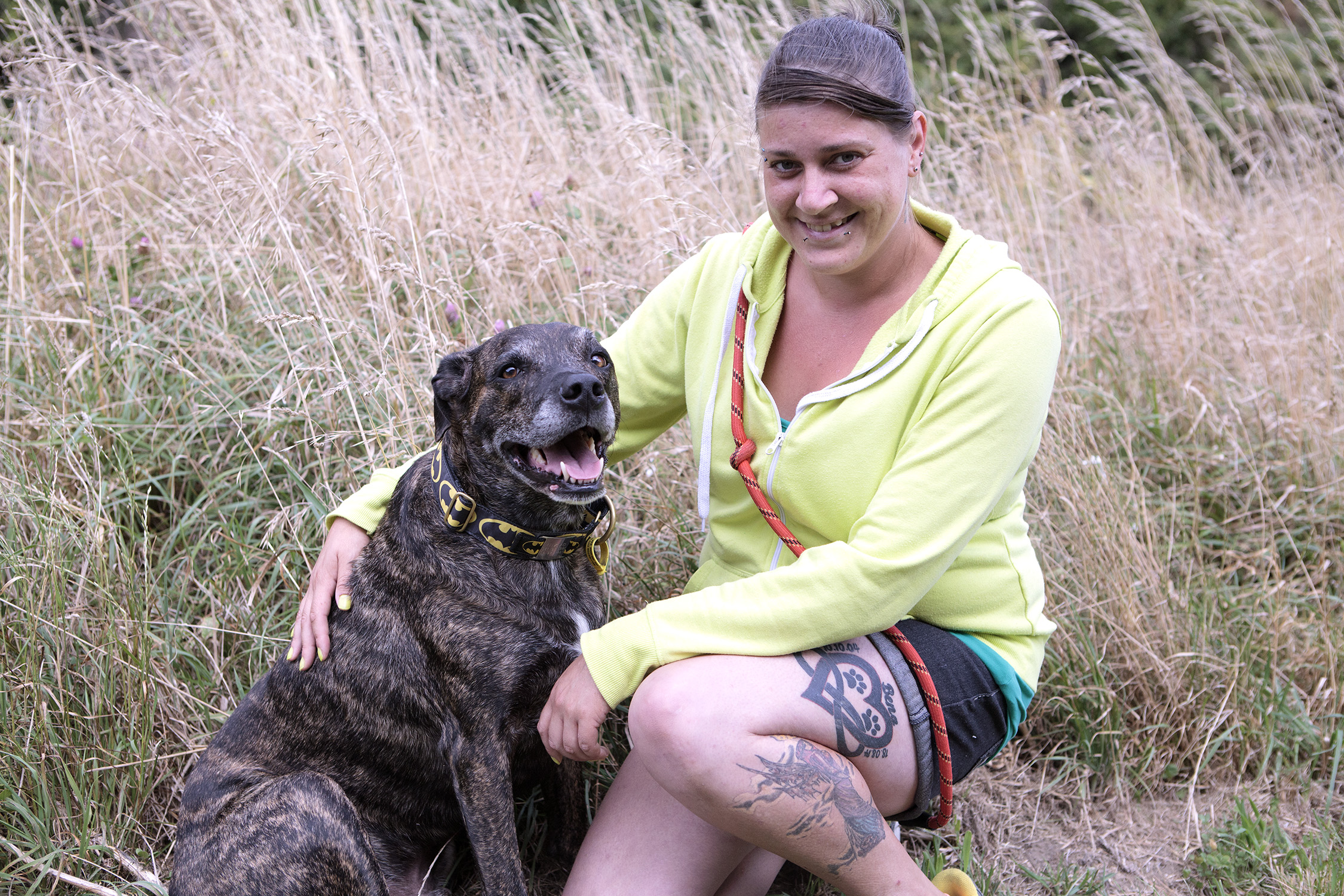Vet warns of failed microchips
A Wellington vet is out and about providing free microchip checks on dogs

A Wellington vet is encouraging all Kiwi pet owners to have their pets’ microchips checked regularly.
Regional Manager (Lower North Island) of Pet Doctors and vet at two Wellington veterinary practices Dr Alix Barclay thinks microchipping is an easy and cost effective way to help identify a lost animal quickly.
“I’ve learned that prompt action [to find your pet] helps get [them] home,” Alix said.
Despite being a cat owner Alix relishes making new canine friends.
Alix is often spotted at dog-friendly events around Wellington with his handheld microchip detector carrying out free and painless microchip checks.
“We usually find some with microchips that have failed.”
As well as being compulsory for dogs, most animals can be micro-chipped as long as they are big enough.
“I’ve seen cats, dogs, large birds, lizards, horses, and alpacas with microchips,” Alix said.
He said microchipping was “kind of like getting your pet to memorise your phone number so that someone can help them get back in touch with you”.
After the Christchurch earthquake over 80 per cent of microchipped pets were reunited with their families compared with only 15 per cent of unchipped animals.
Microchips are about the size of two small grains of rice end-to-end and are placed under an animal’s skin.
However, microchips are not perfect and may not last a pet’s lifetime.
In May 2013 the New Zealand Veterinary Association (NZVA) informed the public a batch of international microchip manufacturer Virbac’s BackHome microchips were defective.
The NZVA said that after time the electrical impulse that activates the microchip becomes faulty.
Virbac estimated up to two percent of its microchips may be faulty.
Owners can check here if their pet is on the Companion Animal Register.




